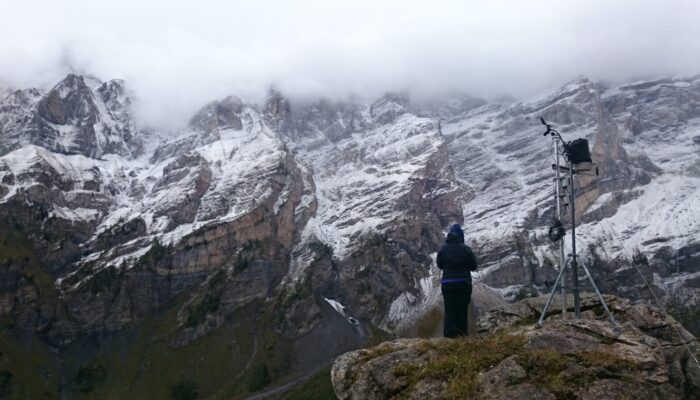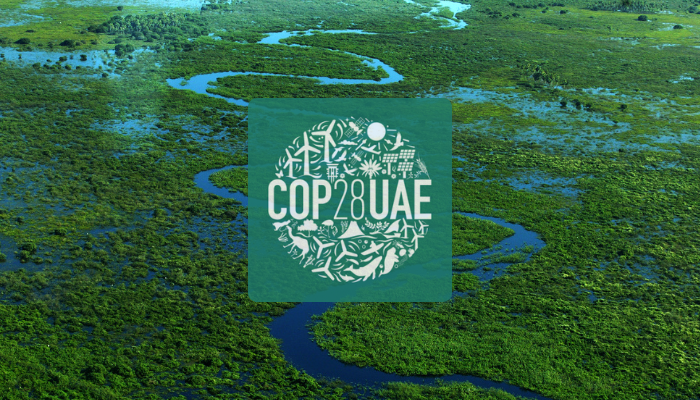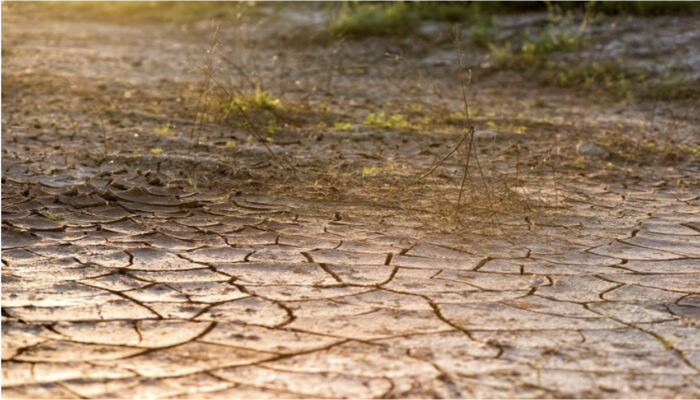Have you ever thought about convening an EGU session instead of just attending them? Until September 9th you have the chance to do just that for the 2025 General Assembly, which will be taking place from April 27 to May 2 in Vienna, Austria. Convening a session can sound a bit intimidating, especially if you’ve never done it before or if you are an early career scientist. However, it’s an i ...[Read More]
Empowering ECS Voices in Wetland Conservation: Insights from COP28
In the arena of environmental conservation, the power of youth engagement is gaining increasing recognition as a force propelling positive change. This recognition is particularly evident in the endeavours aimed towards safeguarding our wetlands – crucial ecosystems brimming with biodiversity and providing indispensable services to both humanity and the natural world. At the 28th Conference of the ...[Read More]
The water crisis in Bengaluru, India, and its direct link to the degradation of the city’s lake system
In the heart of India’s rapid urban expansion, Bengaluru city’s escalating water crisis reveals a direct connection to the deteriorating health of its lake systems, once the lifeline of this burgeoning city. Bengaluru has an area of about 741 sq km and a population of 13.6 million (2023) and has been historically celebrated as the “city of lakes.” These lakes are interconnected with canals/ ...[Read More]
Overlooked tips for the lost art of fieldwork

Not so long ago, almost all hydrologic data depended almost exclusively on fieldwork. Today, sure, you can download data from repositories, there are satellites that beam you magic numbers that you can interpret to give you almost any variable, and some (less than we might hope) long-term monitoring has been outsourced to governments (or in some cases to citizens with sensors). But somewhere in ...[Read More]



